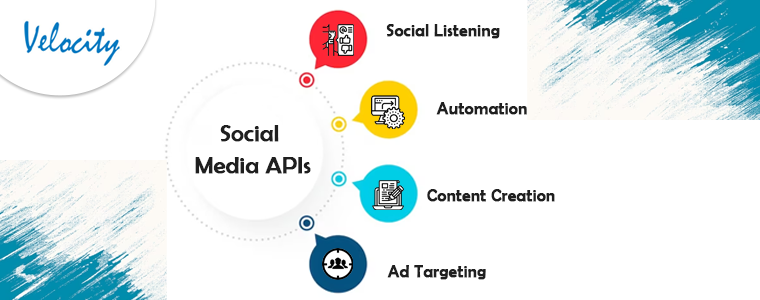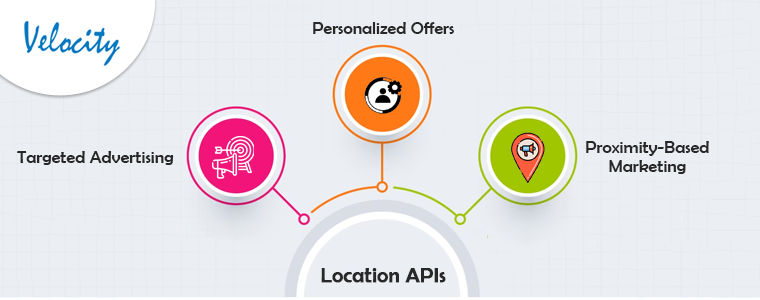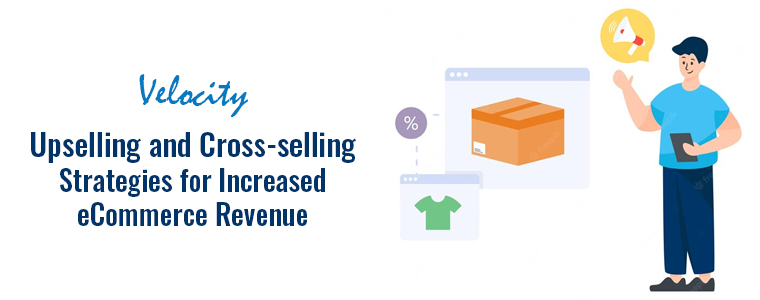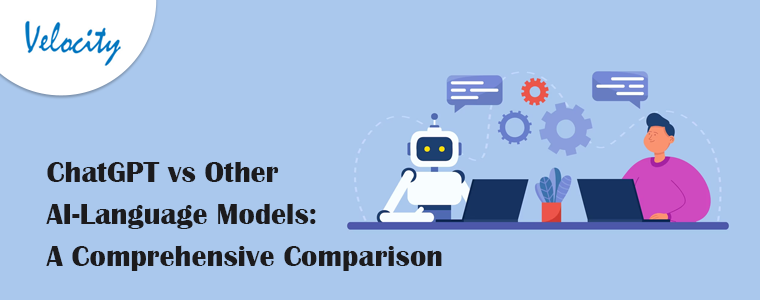APIs, or application programming interfaces, are a powerful tool for marketers in today’s digital landscape. By connecting different systems and platforms, APIs allow marketers to automate processes, gather data, and create personalized customer experiences. This article will discuss the top four types of APIs that every marketer should know and how they can enhance marketing efforts.
Overview of the Four Types of APIs
Social Media APIs:
These APIs allow marketers to connect to social media platforms, such as Facebook, Twitter, and Instagram, and access data and features that can be used to improve their social media strategy. Social media APIs can be used for social listening, content scheduling, and audience engagement analysis.
E-commerce APIs:
These APIs connect e-commerce platforms, such as Shopify, Magento, and Amazon, to other systems and allow for seamless integration of data and features. E-commerce APIs can be used for product recommendations, inventory tracking, and customer behavior analysis.
Payment APIs:
These APIs connect payment platforms, such as Stripe, PayPal, and Square, to other systems and facilitate online transactions. Payment APIs can be used for recurring payments, refunds, fraud detection, and transaction behavior analysis.
Location APIs:
Location APIs connect location-based platforms, such as Google Maps, Foursquare, and OpenStreetMap, to other systems. Location APIs can be used for targeted advertising, personalized offers, and store locators. These APIs can be used to gain insights into customer location data and to send push notifications to customers when they are near a store offering a special promotion.
Let’s understand these APIs in detail:
Social Media APIs
Social Media APIs, also known as social APIs, allow developers to access the functionality and data of a social media platform through a set of defined methods. These APIs enable developers to build third-party applications and integrate social media functionality into existing systems. By using social media APIs, developers can access a wide range of data such as users, posts, comments, and interactions and perform actions such as posting, commenting, and liking on behalf of a user.
Social media APIs can be used in marketing in a variety of ways, including:
Social Listening:
Social media APIs can track mentions of a brand or competitor, and gather insights on audience sentiment and engagement.
Automation:
Social media APIs can automate the scheduling and publishing of content, reducing the time and effort required to manage a social media presence.
Content Creation:
Social media APIs can be used to gather data on audience demographics and engagement, which can be used to inform and improve content creation strategies.
Ad targeting:
APIs can access users’ data and create ad targeting based on their interests, demographics, and behaviors.
Social Media APIs allow developers to access the functionality and data of a social media platform through a set of defined methods. These APIs enable developers to build third-party applications, automate post-scheduling, track mentions of a brand or hashtag, and gather insights on audience demographics, sentiment, and engagement.
E-commerce APIs:
E-commerce APIs, also known as e-commerce Application Programming Interfaces, allow developers to connect and integrate e-commerce platforms with other systems. These APIs provide a set of defined methods for developers to access data and functionality of an e-commerce platform, such as product information, customer data, and order information. E-commerce APIs enable developers to build third-party applications that can interact with an e-commerce platform and allow for the integration of e-commerce functionality into existing systems.
E-commerce APIs can be used in Marketing in a Variety of Ways, including:
Product Recommendations:
E-commerce APIs can gather data on customer browsing and purchase history and provide personalized product recommendations to individual customers.
Inventory Management:
E-commerce APIs can be used to automate inventory management and track the availability of products in real-time.
Data Analysis:
E-commerce APIs can be used to gather and analyze data on customer demographics, purchase history, and product performance, which can be used to inform and improve marketing strategies.
Personalization:
APIs can be used to gather customer data and personalize the e-commerce experience for each customer, such as recommending products, providing customized offers, and automating inventory management.
E-commerce APIs allow developers to connect and integrate e-commerce platforms with other systems. These APIs provide a set of defined methods for developers to access data and functionality of an e-commerce platform, such as product information, customer data, and order information. E-commerce APIs enable developers to build third-party applications, automate inventory management, track the status of an order, gather and analyze data on customer demographics, purchase history, and product performance, and personalize each customer’s e-commerce experience.
Payment APIs:
Payment APIs, also known as payment Application Programming Interfaces, allow developers to connect and integrate payment systems with other platforms. These APIs provide a set of defined methods for developers to access data and functionality of a payment platform, such as processing transactions, handling refunds, and managing customer data. Payment APIs enable developers to build third-party applications that can interact with a payment platform and allow for the integration of payment functionality into existing systems.
Payment APIs can be used in Marketing in a Variety of Ways, including:
Online Transactions:
Payment APIs can be used to process transactions on e-commerce platforms, and provide a seamless checkout experience for customers.
Recurring Payments:
Payment APIs can automate regular payments, such as subscriptions and memberships, and provide a secure and convenient way for customers to make periodic payments.
Fraud Detection:
Payment APIs can be used to detect and prevent fraudulent transactions, by analyzing data such as customer demographics, purchase history, and IP addresses.
Personalization:
Payment APIs can be used to gather customer data and personalize the e-commerce experience for each customer, such as recommending products, providing customized offers, and automating inventory management.
Payment APIs allow developers to connect and integrate payment systems with other platforms. These APIs provide a set of defined methods for developers to access data and functionality of a payment platform, such as processing transactions, handling refunds, and managing customer data. Payment APIs enable developers to build third-party applications, automate recurring payments, detect and prevent fraudulent transactions, and personalize each customer’s e-commerce experience. Payment platforms like Stripe, PayPal, and Square offer APIs for developers to access their functionality and process payments.
Location APIs:
Location APIs, also known as geolocation Application Programming Interfaces, allow developers to access location-based data and functionality of a location platform. These APIs provide defined methods for developers to access data such as latitude and longitude, address, and place name, and functionality such as mapping, routing, and proximity search. Location APIs enable developers to build location-aware applications and services and allow for the integration of location functionality into existing systems.
Location APIs can be used in Marketing in a Variety of Ways, including:
Targeted Advertising:
Location APIs can be used to deliver targeted advertising to users based on location, such as displaying ads for nearby stores or offering location-based deals.
Personalized Offers:
Location APIs can be used to deliver personalized offers to users based on location, such as providing customized discounts or recommending nearby places.
Store Locators:
Location APIs can create store locators that help customers find nearby stores or businesses.
Proximity-Based Marketing:
Location APIs can be used to send push notifications or SMS based on the user’s proximity to a specific location.
Location APIs allow developers to access location-based data and functionality of a location platform. These APIs provide define methods for developers to access data such as latitude and longitude, address and place name, and functionality such as mapping, routing, and proximity search. Location APIs enable developers to build location-aware applications, deliver targeted advertising, and personalized offers, and create store locators, and proximity-based marketing. Platforms like Google Maps, Foursquare, and OpenStreetMap offer APIs for developers to access their functionality and location data.
Conclusion:
APIs are a valuable tool for marketers looking to automate processes, gather data, and create personalized customer experiences. The four types of APIs discussed in this article, social media APIs, e-commerce APIs, payment APIs, and location APIs, are just a few examples of the many types of APIs available. Marketers should explore the different APIs available and find the right ones for their needs to maximize their marketing efforts.











